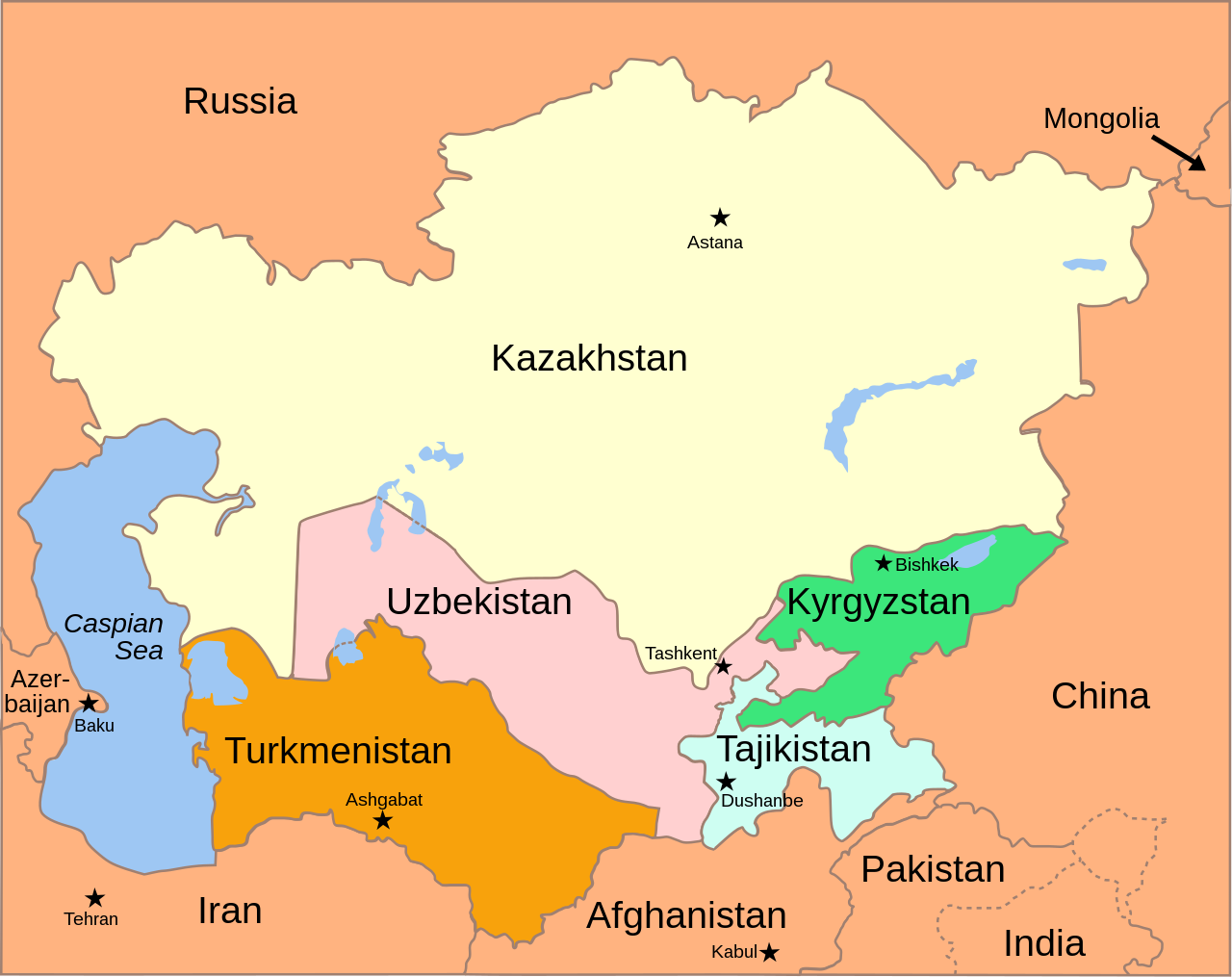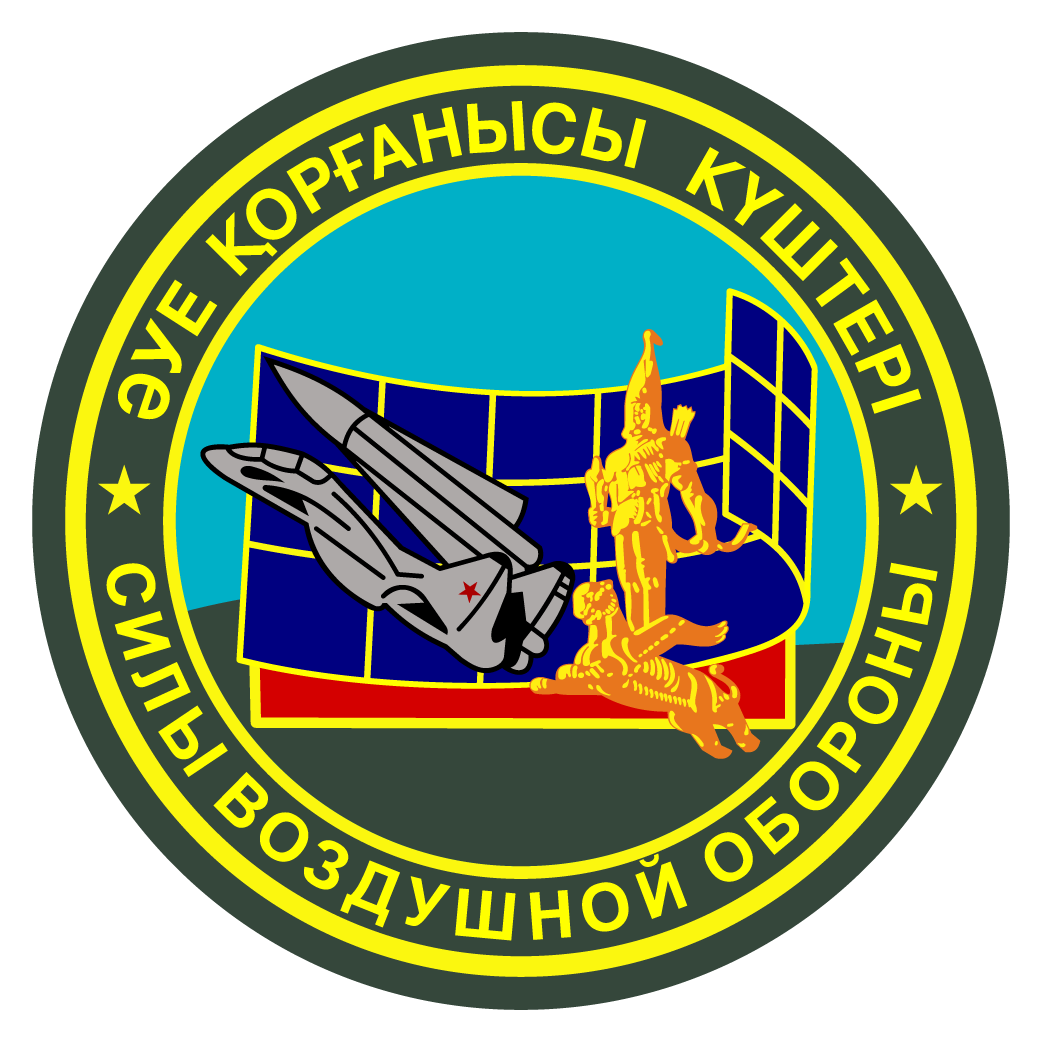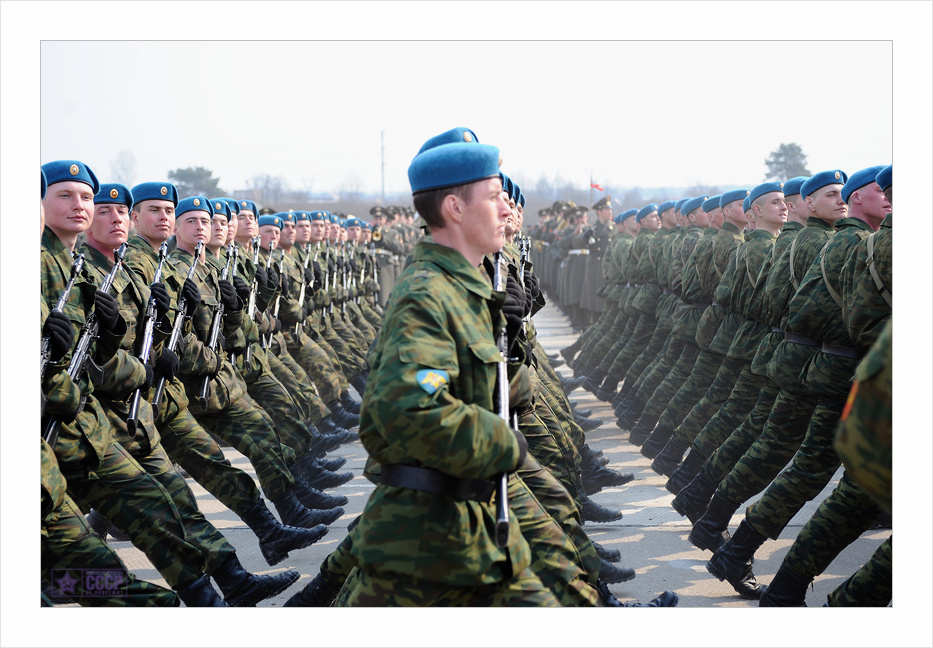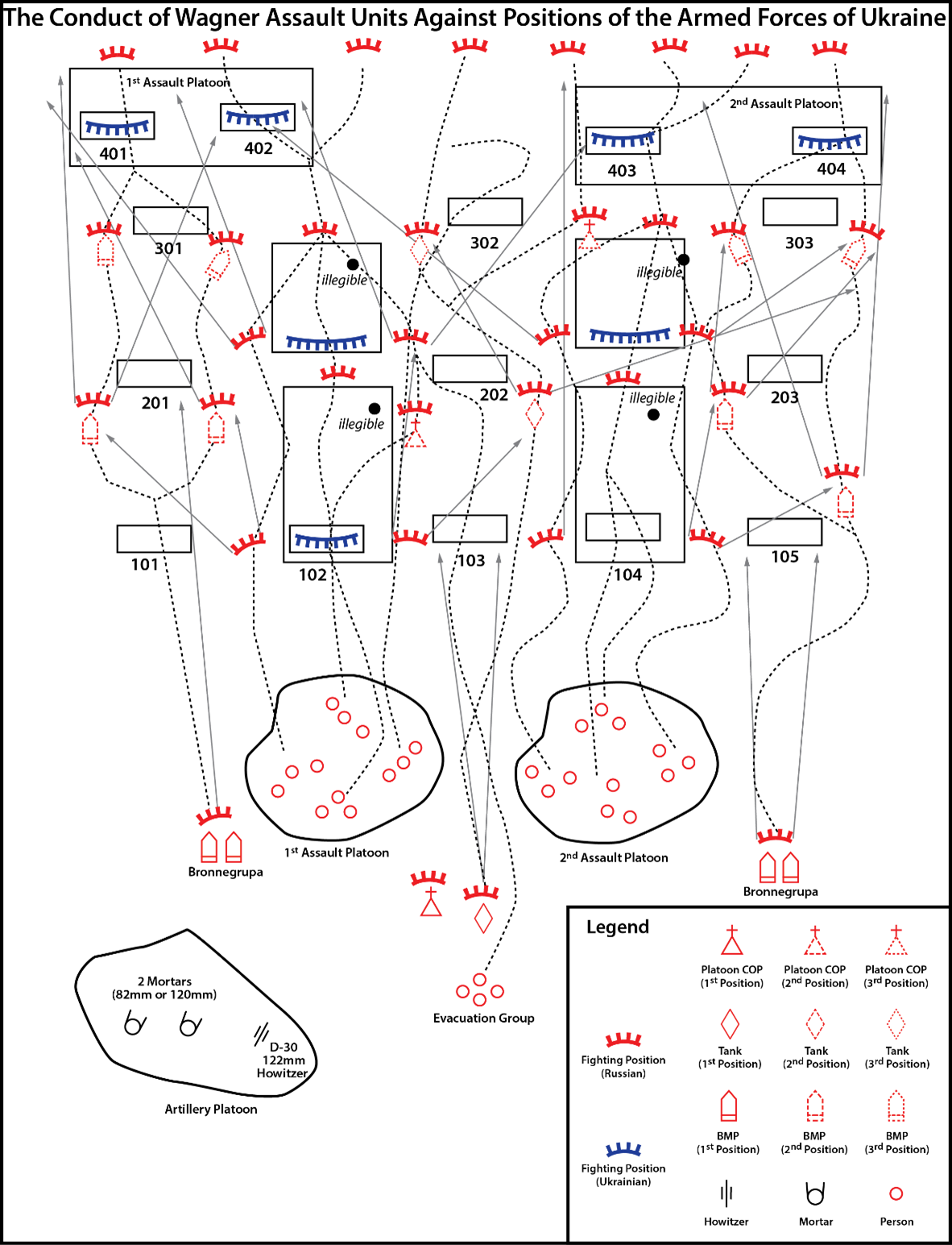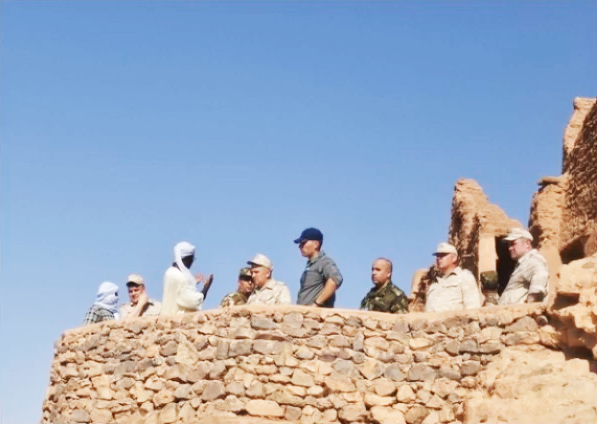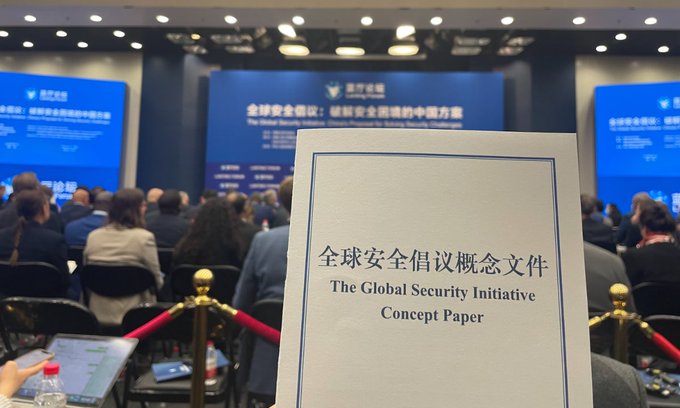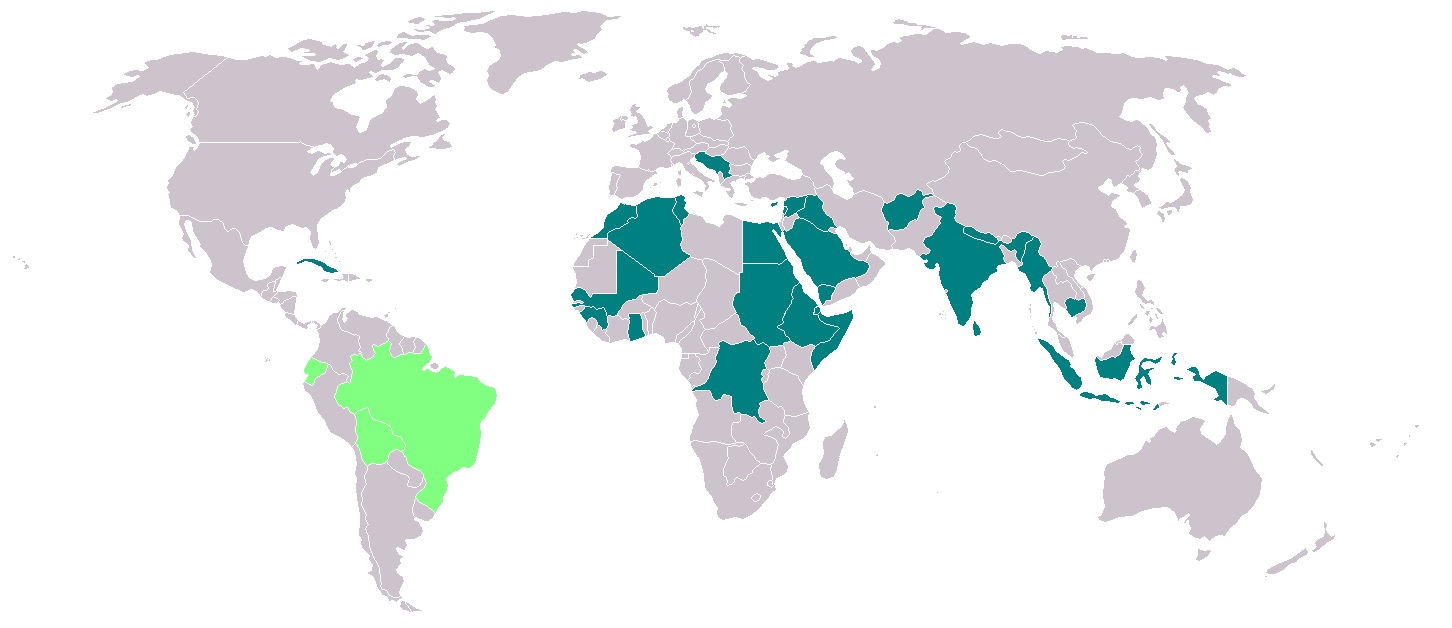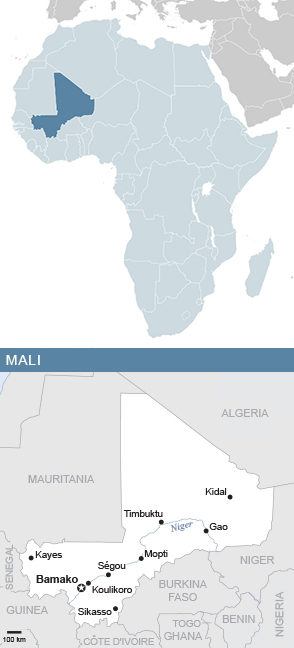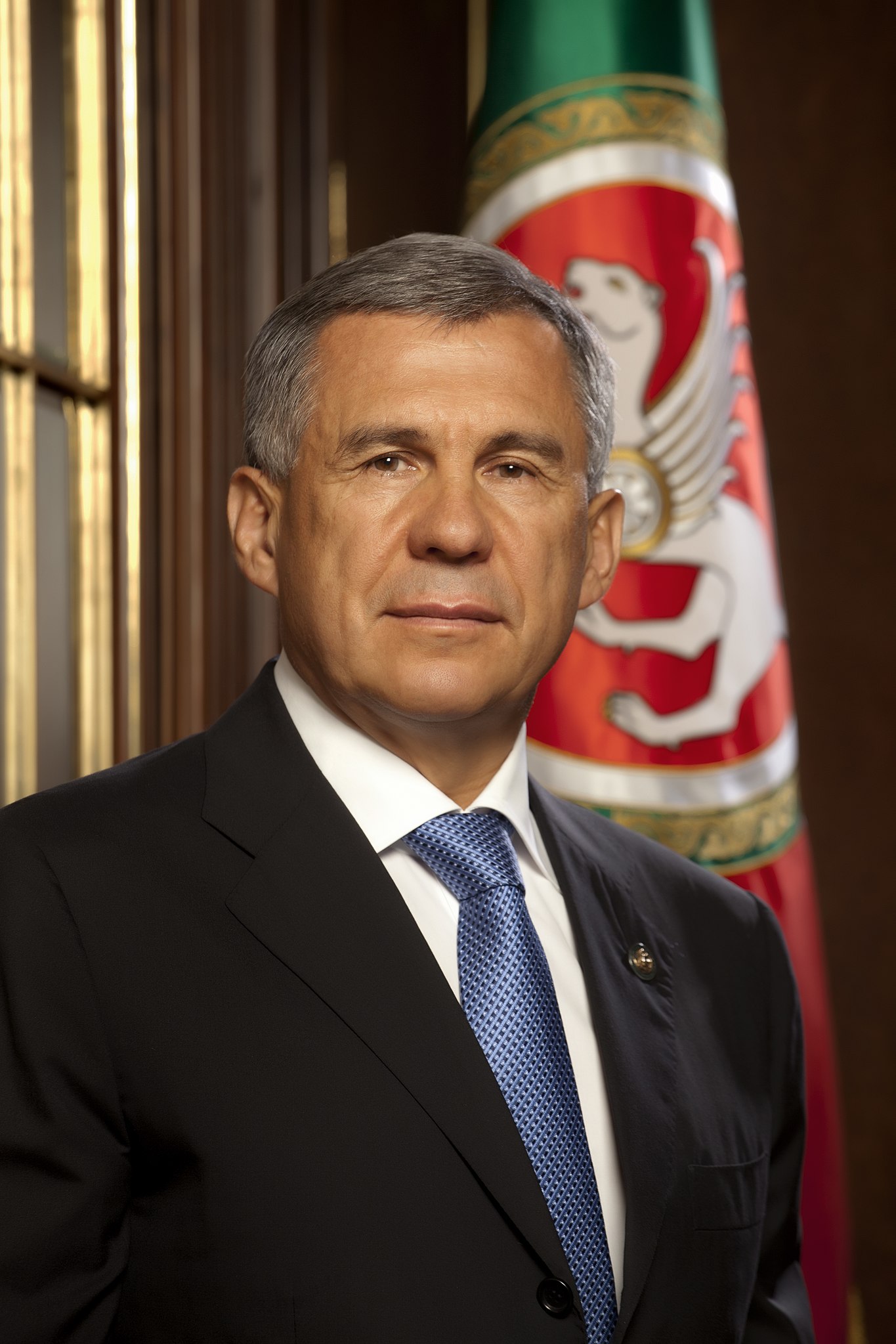
President of the Republic of Tatarstan R.N. Minnikhanov.
“Cooperation with countries of the Islamic world in the media sphere is one of the key aspects of the Russian international policy.”
In December 2022, the Moscow headquarters of the Russian news channel RT hosted a conference titled “Russia and the Islamic World: Practical Steps in Media Cooperation.” The conference was co-sponsored by three entities: the Group of Strategic Vision Russia–Islamic World (GSV); Russia’s Sputnik International News Agency, which is highly influential in Arabic-speaking countries; and the Union of Organization for Islamic Cooperation (OIC) News Agencies (UNA).[i] The conference featured representatives from Emirati and Turkish media and aimed to not only strengthen media coordination between Russia and OIC countries, but also to harmonize broader narratives in order to counter “misinformation.” The accompanying excerpt, published in the Saudi English-language daily Arab News, highlights how “Moscow is shifting its focus to the Muslim world.” The Kremlin is looking to deepen policies promoting Russo-Muslim cooperation mechanisms—including the annual GSV-hosted Kazan Summit, one of the primary economic summits for Russia and OIC countries—which may provide Moscow with opportunities to skirt economic sanctions. The Kremlin also hopes that such efforts may promote the continued the neutrality of Muslim countries vis-à-vis Ukraine.[ii] As GSV chairman and Tatarstan Republic leader Rustam Minnikhanov expressed in his address to the December conference, excerpted alongside this commentary from the official GSV website, “cooperation with countries of the Islamic world in the media sphere is one of the key aspects of the Russian international policy.” Especially noteworthy is the role played by the GSV and similar organizations in strengthening Russo-Turkish cooperation, given the historical links between Turkey and Russian Muslim-majority areas such as Tatarstan, which some in Turkey consider part of the broader “Turkic World.” Thus, Russo-Muslim cooperation mechanisms such as the GSV are not only fulfilling an important and immediate geopolitical role, but they also push forward the type of historical, quasi-civilizational approach to geostrategic thinking that has steadily emerged in both Putin’s Russia and Erdogan’s Turkey.[iii]
Sources:
Diana Galeeva. “Moscow shifts its focus to the Muslim world,” Arab News (English-language Saudi daily), 17 December 2022. https://www.arabnews.com/node/2217786
In addition to the activities of the Russian Muftiates, which Russia has used as part of its religious soft power since the 2000s, are the Group of the Strategic Vision “Russia-Islamic world,” the para-diplomacies of the Russian Muslim regions (Chechnya, Dagestan, Tatarstan and Bashkortostan), and the activities of Muslim NGOs, such as the Association of Muslim Businessmen of the Russian Federation. Arguably, these policies have helped Russia to achieve economic, political and security advantages, including investments in its regions (Chechnya and Tatarstan) by the Gulf Cooperation Council states. The neutral position of GCC states over the Ukraine crisis also suggests the positive outcomes of these policies.
“International Conference ‘Developing Media Cooperation with the Islamic World – Russia’s Most Important Doctrine’,” Group of Strategic Vision Russia – Islamic World, 15 December 2022. https://russia-islworld.ru/en/novosti//international-conference-developing-media-cooperation-with-the-islamic-world-russias-most-important-doctrine-2022-12-15-29854/ Moreover, regular events held by the Group of Strategic Vision ‘Russia – Islamic World’ testify to the dynamics of fruitful international relations. Cooperation with countries of the Islamic world in the media sphere is one of the key aspects of the Russian international policy. Rustam Minnikhanov expressed his opinion that in the current difficult geopolitical situation the role of mass media was increasing and that the journalistic work of honest and verified mass media was crucial in combating false information and promoting traditional spiritual values.
Notes:
[i] The GSV is a Russian entity formed in 2006 to coordinate Moscow’s relations with the Organization for Islamic Cooperation (OIC), a multilateral forum of Muslim-majority countries in which Russia is an observer state. In 2014, President Putin bolstered the GSV’s capabilities as a conduit for Russian influence in Muslim-majority countries by increasing its visibility and appointing Tatarstan Republic leader Rustam Minnikhanov as its head.
[ii] In January 2023, a presidential decree made the Kazan Summit an annual event. The summit’s website is available at: https://kazansummit.ru/en/
[iii] One of the most visible proponents of this type of thinking in Russia is Alexander Dugin, a Russian political philosopher whose geopolitical musings are thought to influence the strategic thinking of the Russian armed forces’ leadership. See: Lucas Winter, “The Appeal of ‘Duginism’ in the Middle East,” OE Watch. 10-2022. https://community.apan.org/wg/tradoc-g2/fmso/m/oe-watch-past-issues/427403
Image Information:
Image: President of the Republic of Tatarstan R.N. Minnikhanov
Source: https://commons.wikimedia.org/wiki/
File:Rustam_Minnikhanov_official_portrait.jpg
Attribution: CC BY 4.0

